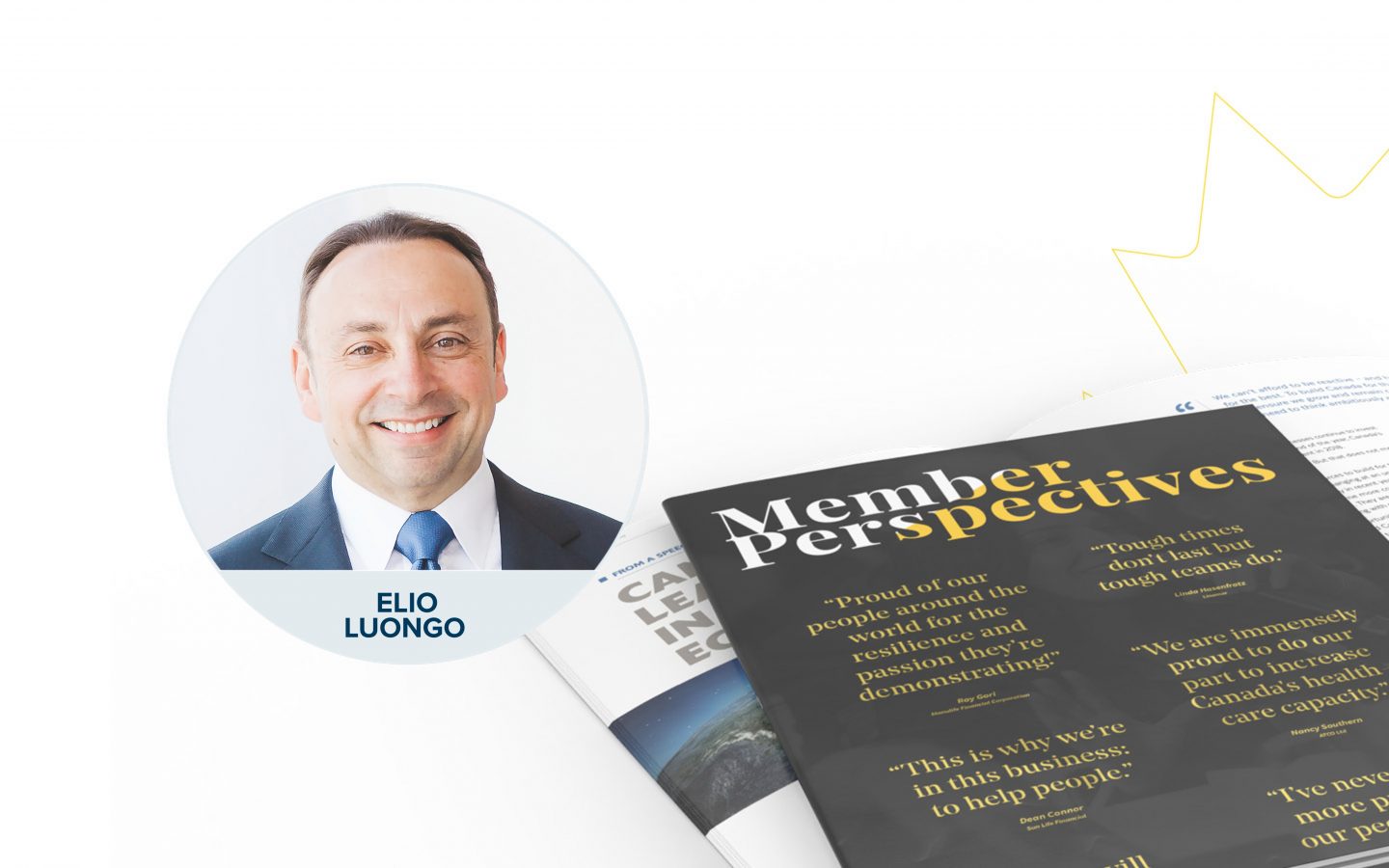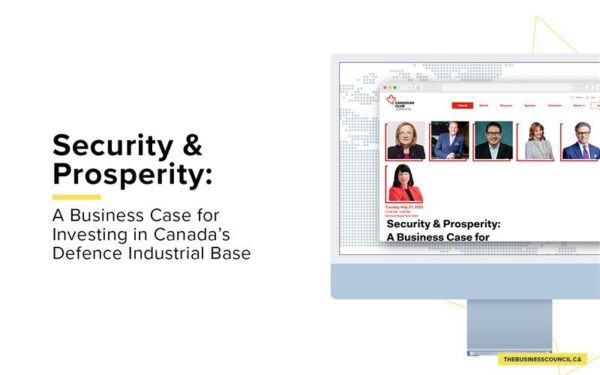How do you create corporate purpose in light of COVID-19?
As published by the Globe and Mail
The concept of corporate purpose has rapidly crept into the mainstream in recent years as consumers, governments, regulators, investors and businesses themselves grapple with the role that business has in defining and addressing sustainability.
The reality of COVID-19 has accelerated those discussions to the point that for many Canadian business leaders, sustainability is now a central part of their business strategies. But even before the onset of the pandemic, Canadian CEOs were coming to the recognition that their stakeholders were expecting more from them than just quarterly returns.
Early this year, prior to the impact of COVID-19, KPMG asked Canadian leaders to define the principal objective of their organizations as part of our annual CEO Outlook report. Only 17 per cent of CEOs said it was to deliver economic return to shareholders. Nearly two-thirds said their principal objective is to embed purpose into everything they do to create long-term value for all stakeholders, including customers, employees, investors and communities.
Canadian CEOs strongly believe that their growth will significantly depend on how well their organizations can prioritize ethical decision-making, noting that consumers, particularly millennial and Generation-Z Canadians, are increasing socially conscious and hold organizations to much higher standards than previous generations.
This concept, often referred to as ethical reciprocity, is driven in part by the growing reality that the younger demographic increasingly wants to work for, invest in and buy from companies that align with their values and focus on more than just shareholder returns. Canadian CEOs noted that one of the key reputation objectives for their organizations was winning the trust of new generations of customers, including millennial and Generation-Z Canadians.
Each year, we hire hundreds of new graduates, and increasingly they are asking as many questions about our commitment to give back to society as they do about pay and benefits. They are no longer just looking for a paycheque but are looking to be part of a shared purpose – an organization they trust to do the right thing.
The increased focus on purpose also echoes the demands of many institutional investors that organizations have concrete plans, commitments and actions to address environmental, social and governance (ESG) issues.
Canadian CEOs know ESG factors are more critical than ever in driving long-term growth. In fact, our annual CEO discussions have seen climate change and environmental risk move from the bottom of their risk agendas in 2017 to the very top for each of the past two years. Today, virtually all CEOs now realize they need to stay the course on ESG initiatives, with three-quarters saying stakeholders are increasingly prepared to sacrifice short-term results if a clear long-term value strategy is in place.
But the effects of COVID-19 highlighted how that purpose needs to extend beyond climate and the environment. Canadian CEOs told us the pandemic has shifted their focus to the “social” element of the ESG equation, with nearly three-quarters of business leaders saying the effects of the pandemic have given them a more emotional connection to their organization’s purpose.
They also said their purpose helped them understand what they needed to do to meet the needs of employers, communities, customers, partners and investors over the past six months. However, barely half found their corporate purpose provided a strong framework for decision-making during the crisis, and three-quarters admit that they had to re-evaluate that purpose as a result of COVID-19 to address stakeholder needs.
Nearly three-quarters of Canadian leaders recognize the public is looking for them to take a lead role in addressing pressing global issues – and more than three-quarters now believe they have a personal responsibility to be a leader for change on societal issues.
Canadian CEOs also recognize their organizations are well positioned to engage and make a difference. In fact, some 80 per cent of Canadian CEOs said large corporations have the resources – both financial and people – to help governments find solutions to these pressing global issues.
In many ways, this emerging CEO perspective is not surprising. COVID-19, an awakening on racism, the mass destruction caused by wildfires and hurricanes – all seismic events in 2020 – have significantly affected their employees, customers, investors, supply chains and facilities. There are very few organizations that do not have a direct and vested interest in addressing these macro-societal challenges.
Addressing this will be critical. Canadian CEOs strongly believe that their growth will significantly depend on how well their organizations can prioritize ethical decision-making, noting that consumers, particularly millennial and Generation-Z Canadians, are increasing socially conscious and hold organizations to much higher standards than previous generations.
While the key drivers vary, and organizations are at different stages in the journey, it is clear that Canadian CEOs understand they are expected to be active players on key issues facing society – and are embracing the challenge. Nearly two-thirds said they would be willing to take a stand on contentious issues even despite potential business risks.
There are many challenges facing our economy, and our society that will require creative, and sometimes bold, solutions. Canadian business leaders must be a key part of the dialogue to find sustainable answers so that Canada emerges from the pandemic stronger and more resilient than ever.
We have to be in this together.











